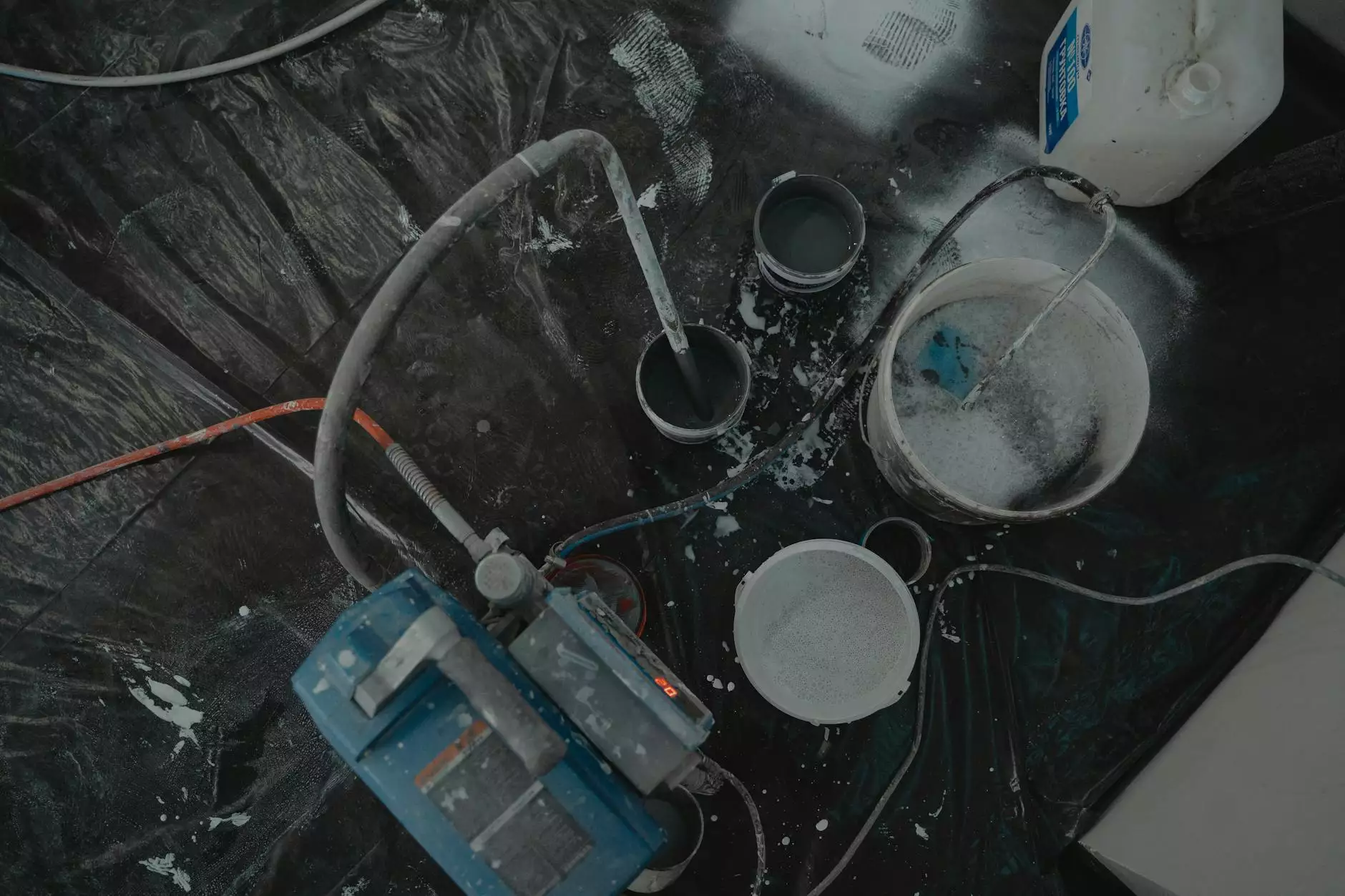Exceptional Used Cars: Your Ultimate Guide to Buying Quality Pre-Owned Vehicles

If you're in the market for a vehicle, used cars can provide a wealth of options at a fraction of the cost of new vehicles. This article aims to delve into the intricacies of purchasing a used car, guiding you through various aspects of the process—from understanding their advantages to ensuring you make a wise investment. With valuable insights and expert advice, you can confidently explore the realm of used cars.
Understanding the Advantages of Buying Used Cars
When contemplating a vehicle purchase, many buyers gravitate towards new cars due to the allure of the latest technologies and features. However, there exist several compelling reasons why used cars could be the ideal choice for you:
- Cost Savings: One of the most significant advantages of buying a used car is the substantial cost savings. Pre-owned vehicles typically have a lower price tag compared to their new counterparts, making them more accessible to budget-conscious buyers.
- Depreciation Benefits: New cars depreciate quickly, losing a significant portion of their value within the first few years. By purchasing a used car, you can avoid this steep depreciation curve and retain more value over time.
- Wider Selection: The market for pre-owned vehicles offers a diverse range of makes, models, and price points. Whether you’re looking for a family SUV, a sporty sedan, or a compact hatchback, exploring used cars provides abundant choices.
- Lower Insurance Costs: Insurance rates for used cars are generally lower than for new vehicles. This can significantly reduce your overall cost of ownership.
Choosing the Right Used Car for Your Needs
Selecting the right used car involves careful consideration of several factors to ensure it meets your requirements. To aid in your decision-making process, consider the following aspects:
1. Define Your Budget
Establishing a realistic budget is the first step in your car-buying journey. Factor in not just the purchase price but also additional expenses such as:
- Insurance premiums
- Maintenance and repairs
- Fuel costs
- Taxes and registration fees
2. Assess Your Needs
Consider your lifestyle and how a vehicle fits into it. Ask yourself questions like:
- How many passengers do I need to accommodate?
- What kind of driving will I be doing (city, highway, off-road)?
- Do I require specific features like all-wheel drive or advanced technology options?
3. Research Makes and Models
Conduct thorough research on the makes and models that suit your needs. Read reviews, reliability ratings, and owner experiences to determine which used cars have garnered favorable feedback. Resources for this information include:
- Automotive websites and forums
- Consumer Reports
- Car and Driver
The Importance of Vehicle History Reports
When purchasing a used car, it is crucial to obtain a vehicle history report. These reports provide invaluable insights into the car’s past, including:
- Accident history
- Title status (clean, salvaged, or rebuilt)
- Service history
- Number of previous owners
Services like Carfax and AutoCheck can help you access these reports, allowing you to make informed decisions by verifying the transparency of the vehicle’s history.
Conducting Thorough Inspections and Test Drives
Once you’ve narrowed down your choices, conducting a thorough inspection and taking the used car for a test drive are essential steps. Here’s what to consider during these processes:
1. Inspect the Exterior and Interior
Pay close attention to the following:
- Body condition: Look for dents, scratches, and rust.
- Tires: Ensure they have adequate tread and are even wear.
- Interior: Check for signs of wear, and ensure all electronics are functional.
2. Under the Hood
Check the engine, fluid levels, and battery condition. If you're not mechanically inclined, consider bringing a knowledgeable friend or hiring a mechanic for a more thorough review.
3. Test Drive
During the test drive, evaluate the following:
- Handling: Does the car steer properly?
- Comfort: Are the seats and ride quality to your liking?
- Noise: Listen for unusual sounds or vibrations.
Negotiating the Best Price
Once you are confident in your choice of a used car, it's time to negotiate the price. Here are some expert tips to help you secure the best deal:
- Do Your Homework: Use your research on pricing to establish a fair range for negotiations.
- Be Prepared to Walk Away: If the deal does not meet your budget or expectations, be willing to consider other options.
- Know Your Limits: Have a maximum price in mind and stick to it.
Financing Your Used Car Purchase
After successfully negotiating a price, you need to consider how you will finance your used car. Options include:
- Cash Purchase: If feasible, this is the best way to avoid debt and interest payments.
- Loan Financing: Explore loans through banks, credit unions, and dealership financing. Compare interest rates and terms carefully.
- Leasing: Some buyers consider leasing as an alternative, although it’s less common for used cars.
Finalizing the Purchase
To finalize your used car purchase, ensure you have all necessary documentation, such as:
- The bill of sale
- Title transfer paperwork
- Proof of insurance
- Any warranties or service agreements
Once these documents are in hand, it's time to enjoy your new-to-you vehicle!
Maintaining Your Used Car for Longevity
After purchasing your used car, regular maintenance is crucial to keep it running efficiently. Here are key maintenance tips that every owner should follow:
- Regular Oil Changes: Keep the engine well-lubricated to prolong its life.
- Fluid Checks: Regularly check and top off fluids like coolant, brake fluid, and transmission fluid.
- Tire Maintenance: Rotate tires periodically and keep them inflated to the recommended pressure.
- Brake Inspection: Have your brakes checked routinely to ensure they’re functioning correctly.
Conclusion
Buying a used car can be a rewarding experience when done correctly. By understanding the advantages, conducting thorough research, and following the right purchasing procedures, you can find a vehicle that meets your needs without breaking the bank. Remember to focus on maintenance post-purchase to ensure your investment lasts for years to come. Now you’re well-equipped to explore the vast world of used cars—happy car hunting!









